RCPs are generally informal yet organized networks of people representing private and public organizations and agencies who work together to develop and implement a shared, long-term conservation vision across town and sometimes state and international boundaries. Their shared goal: increase the pace and practice of collaborative landscape conservation.
To achieve these long-term goals, the RCP Network supports RCPs in building their capacity in the areas of:
- Grants & Funding
- Best practices, tools & training
- Peer exchange of ideas, projects and approaches
There are currently about 55 RCPs from across the Northeastern U.S. participating in the RCP Network
The Role of Regional Conservation Partnerships (RCPs)
More than 80 percent of New England is in private hands, much of it in small family ownerships. New England launched the original land trust movement as an effective strategy primarily to help local residents and landowners conserve individual parcels of land. As ecological awareness grew, land trust/agency partnerships emerged to protect larger or connected parcels.
In the 1990s, land trusts started establishing ongoing collaborations to move beyond “random acts of conservation” and to protect larger landscapes including watersheds. These longer-term collaborations often included town leaders, state and federal agencies, academic institutions, conservation organizations, and others. Using tools like geographic information systems (GIS) and raising dollars together, they moved beyond opportunism to achieve effective land protection of whole landscapes based on shared, strategic, and long-term conservation priorities.
Today we call these conservation collaboratives Regional Conservation Partnerships (RCPs). In the 1990s, there were four RCPs in New England, and today there are about 55 in the Northeast and the mid-Atlantic, covering more than 60 percent of our regional landscape. This innovative form of conservation — collaborative, often enduring, locally grounded, and regionally effective — is an imperative conservation strategy for New England and indeed beyond.
The Back Story
RCP coordinators voiced interest in forming an ongoing network at the 2011 RCP Gathering, and in having Highstead serve as convener and provide coordination capacity. The RCP Network was launched in March 2012 and for the next three years, Highstead staff surveyed RCPs twice, developed educational materials (e.g. RCP Handbook), and collaborated with regional partners like Open Space Institute, North Atlantic Landscape Conservation Cooperative (NALCC), and Jessie B. Cox Trust to train and fund RCPs’ use of innovative practices to overcome challenges and move faster towards protecting land from development at a scale beyond what partners could do on their own.
In early 2015, RCP Network members, with Highstead serving as convener, formed its first steering committee whose members led efforts to craft a shared mission, goals, and priority objectives. For the last six years, the RCP Network advanced major sub-regional initiatives including the Northeast Bird Habitat Conservation Initiative and the Northern Appalachian Trail Landscape Conservation Partnership.
Dr. Gary Tabor, Director of the Center for Large Landscape Conservation, Bozeman, Montana.“RCPs in New England are at the forefront of how conservation needs to be, and is going to be, done nationally and globally: across organizations, across sectors, across disciplines, through networks. RCPs are the future: whole system collaborative conservation and collective impact.”

